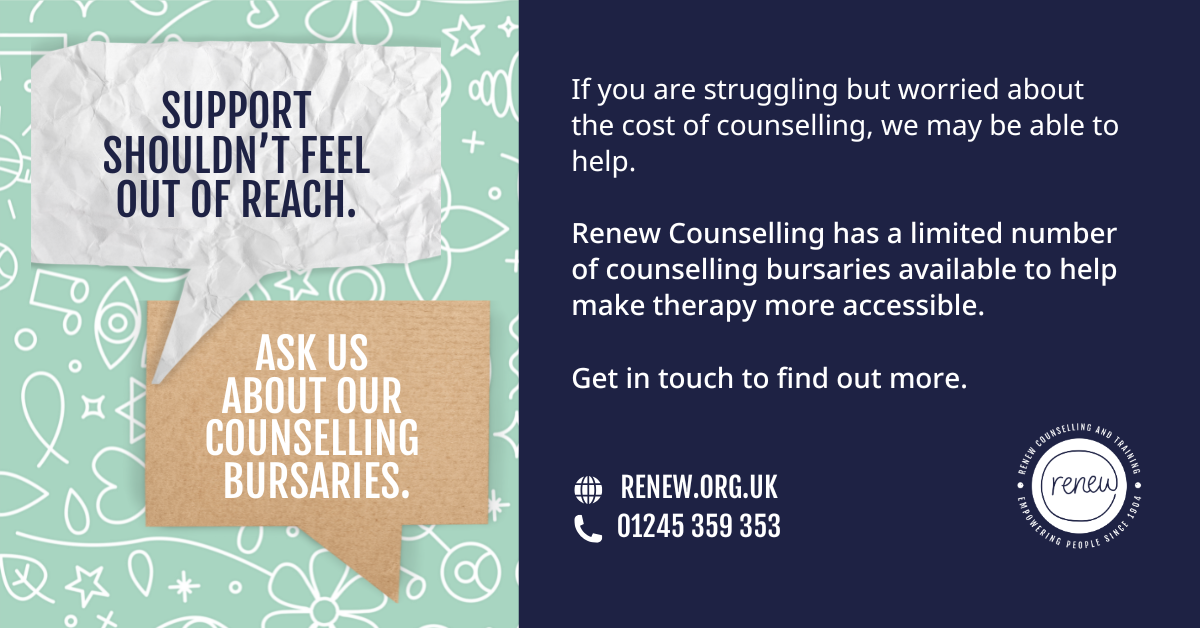‘Soft opt-in’ to contact people could be extended to charities under government proposals
Posted on: September 22, 2021
Proposed government reforms to UK data protection standards could change how charities are able to contact supporters and beneficiaries.
The Department for Digital, Culture, Media & Sport has launched a consultation on plans to reform some of the key elements of the General Data Protection Regulation, such as its data processing principles, its data rights for citizens, and its mechanisms for supervision and enforcement.
The government says its proposals aim to deliver an “even better” data protection regime that will support vibrant competition and innovation to drive economic growth.
The proposals would affect how charities can use emails, text and video messages for direct marketing purposes.
Businesses are able to contact individuals who have previously been in touch during a sale or transaction, providing they have not refused or opted out of receiving marketing communications about similar products.
This is known as a “soft opt-in” that aims to strike a balance between people’s data protection rights and legitimate business activity.
Organisations that rely on this approach must also give individuals a chance to opt out in every subsequent communication and the process must be simple – for example, with a clear ‘Unsubscribe’ link.
But there is no equivalent provision for charities to engage in direct marketing in this way.
The government is therefore proposing to extend this “soft opt-in” to electronic communications to organisations other than commercial companies, where they have previously formed a relationship with a person – perhaps through membership or subscription.
Giselle Cory, executive director of DataKind UK, said: “It is crucial that any reform to data protection puts individual rights and privacy front and centre, and that any changes are communicated clearly.
“The GDPR was a positive step forward for the data rights of individuals, and that should not be eroded.
“With the introduction of the GDPR, many charities struggled to interpret the law, and some felt paralysed by uncertainty and fear of stepping outside the law by accident.
“There is so much potential for the use of data to inform decision-making within charities – and ultimately have a greater impact on the often vulnerable individuals and communities they serve.
“The government needs to be careful not to quash this potential.”
Organisations are invited to submit a response by 19 November.



Leave a Reply
You must be logged in to post a comment.